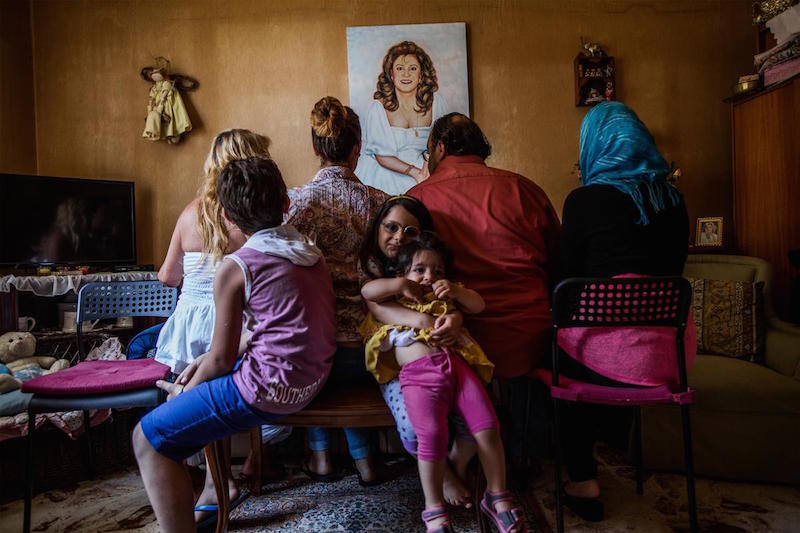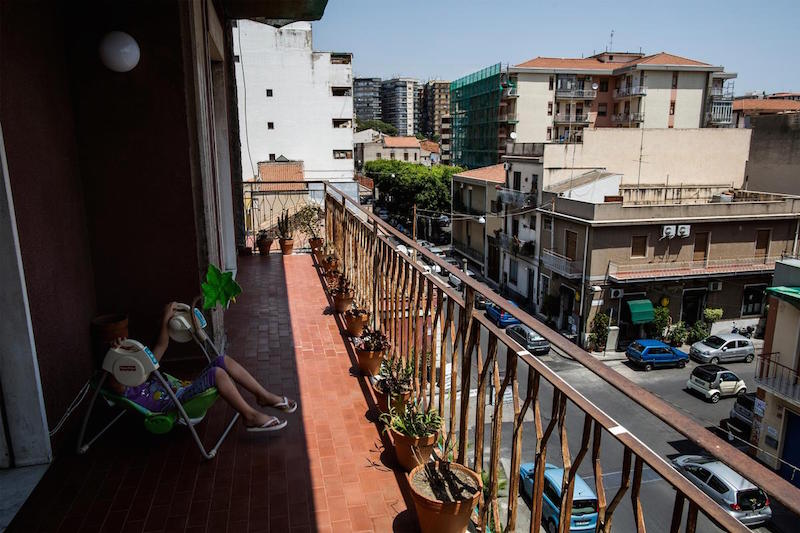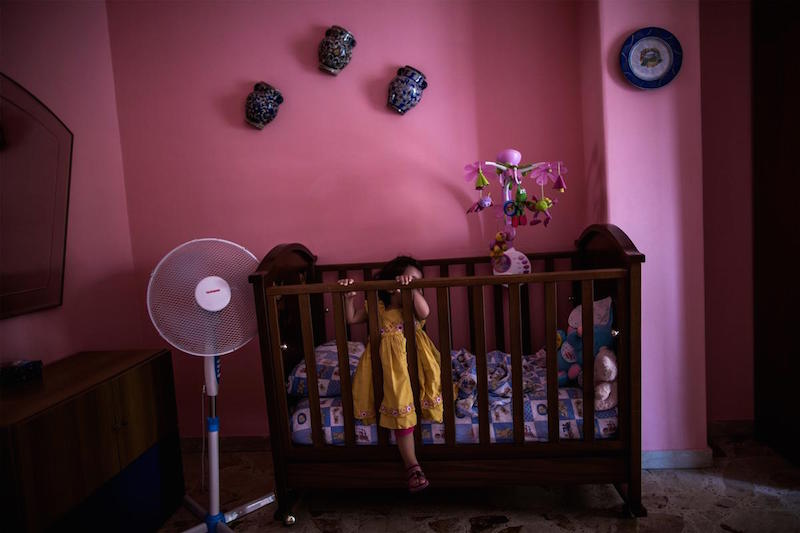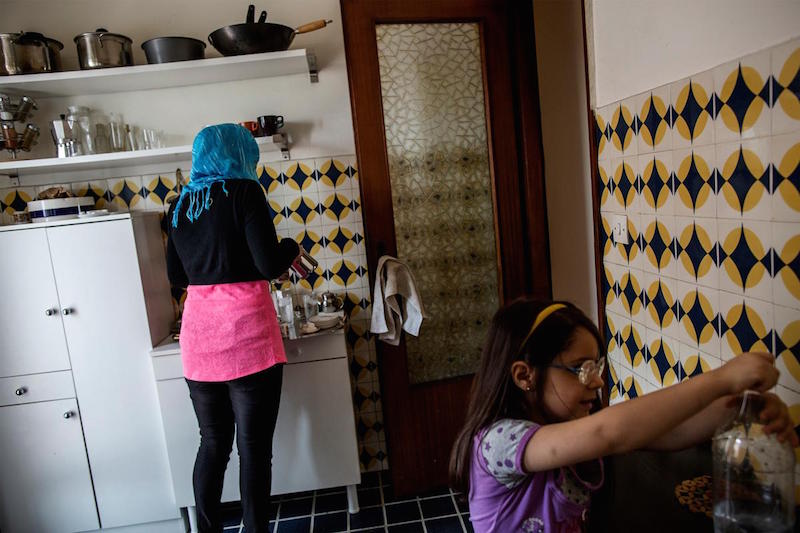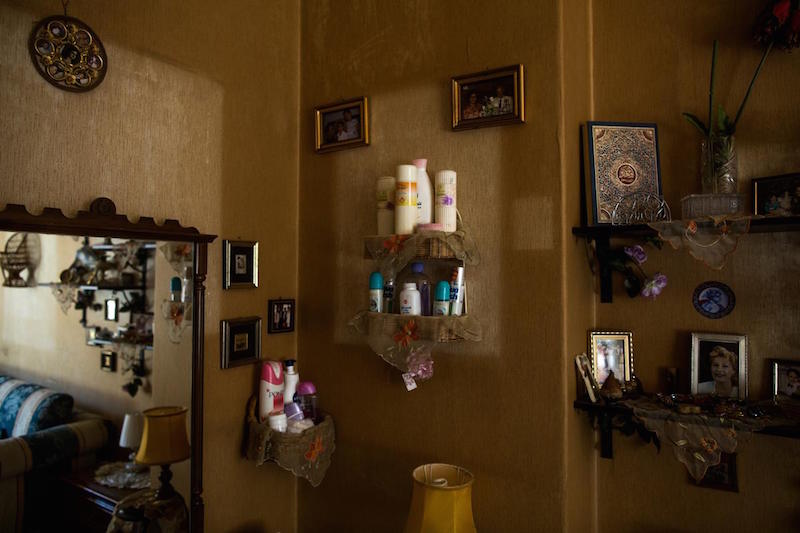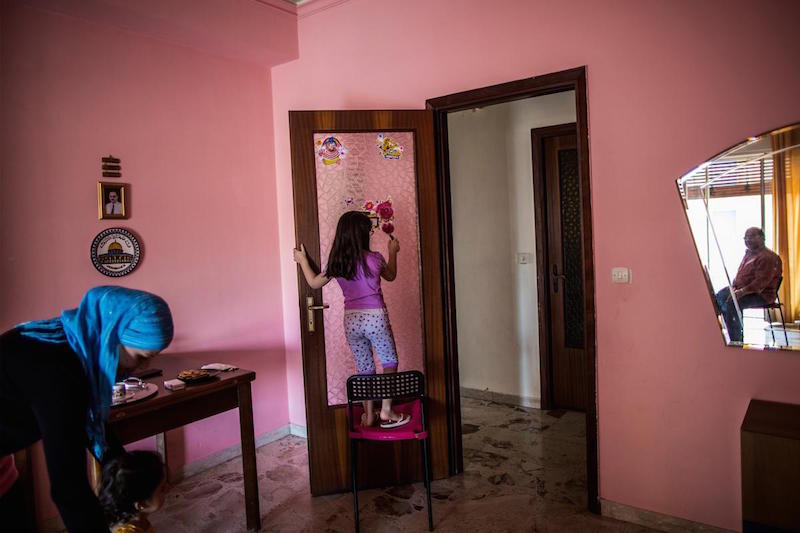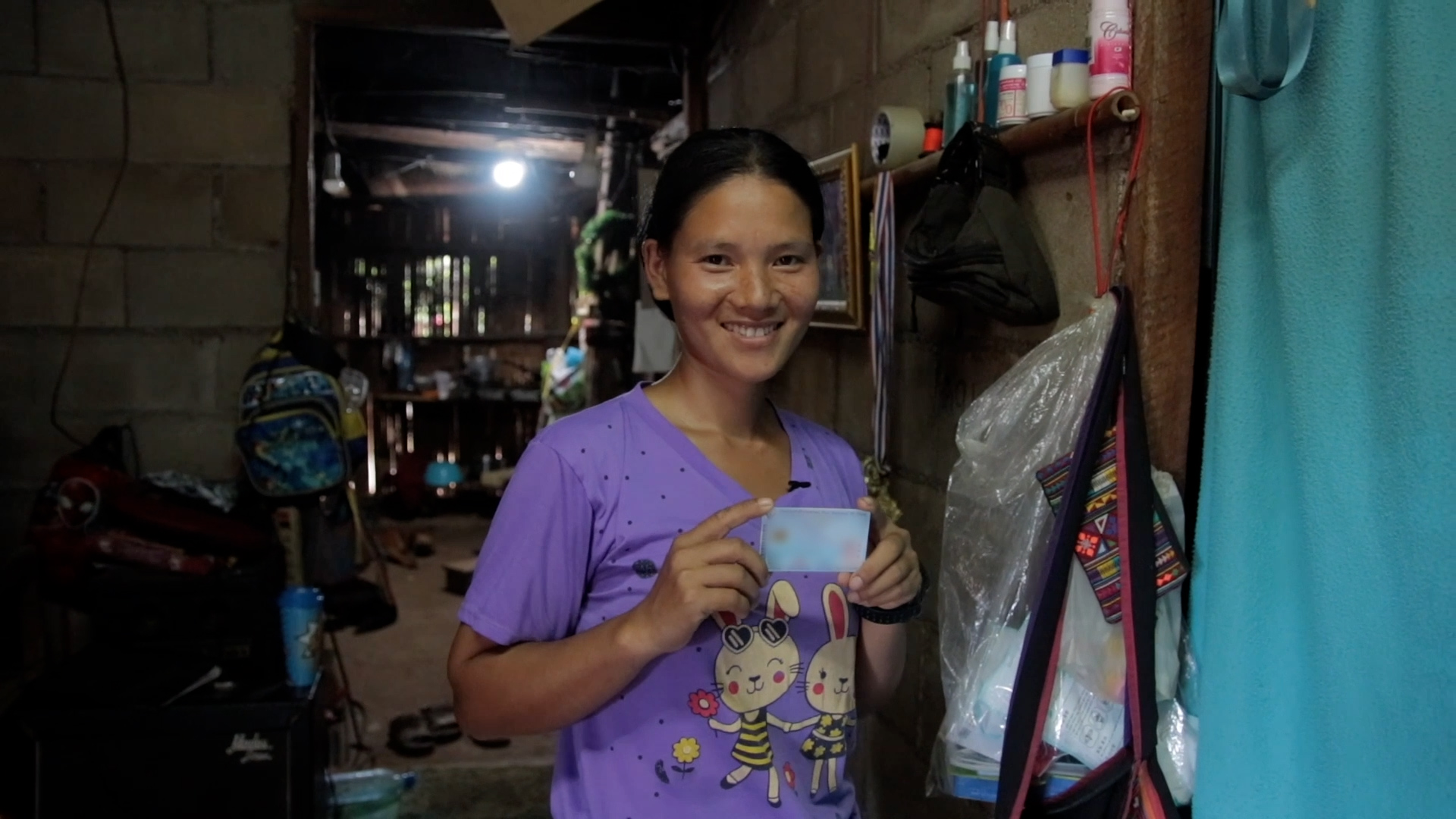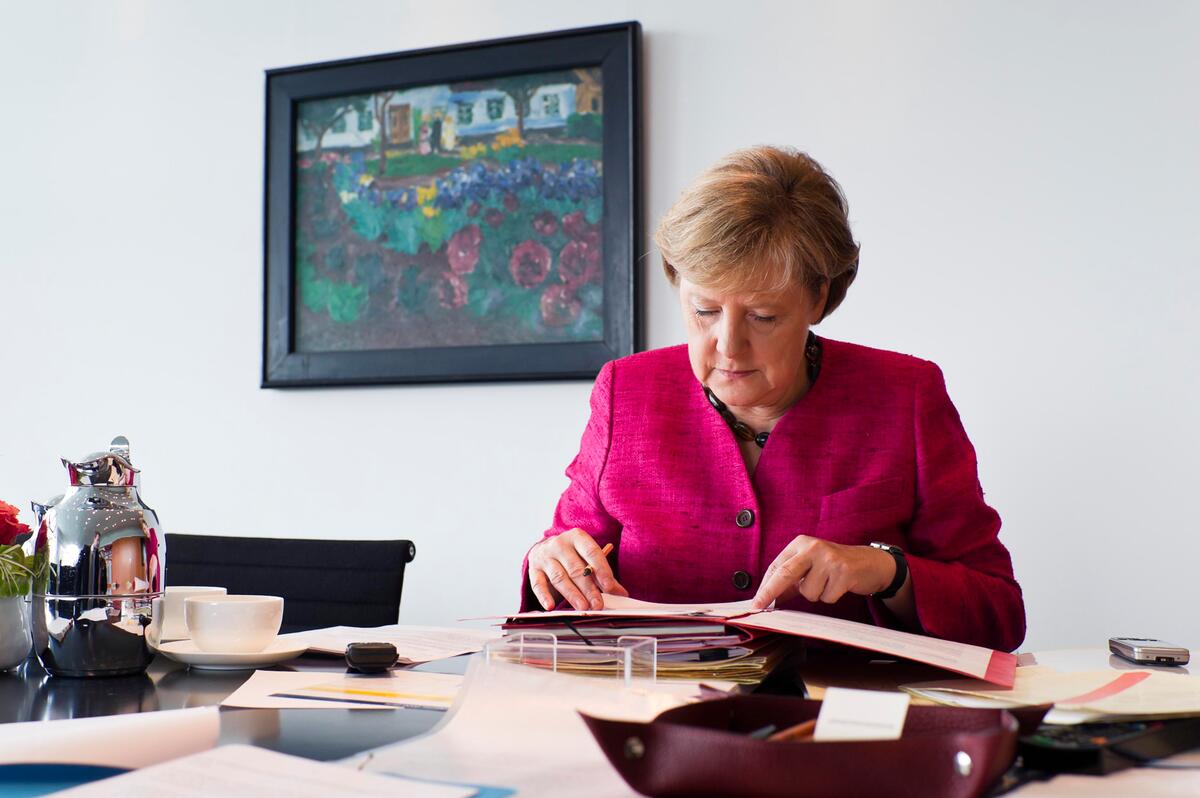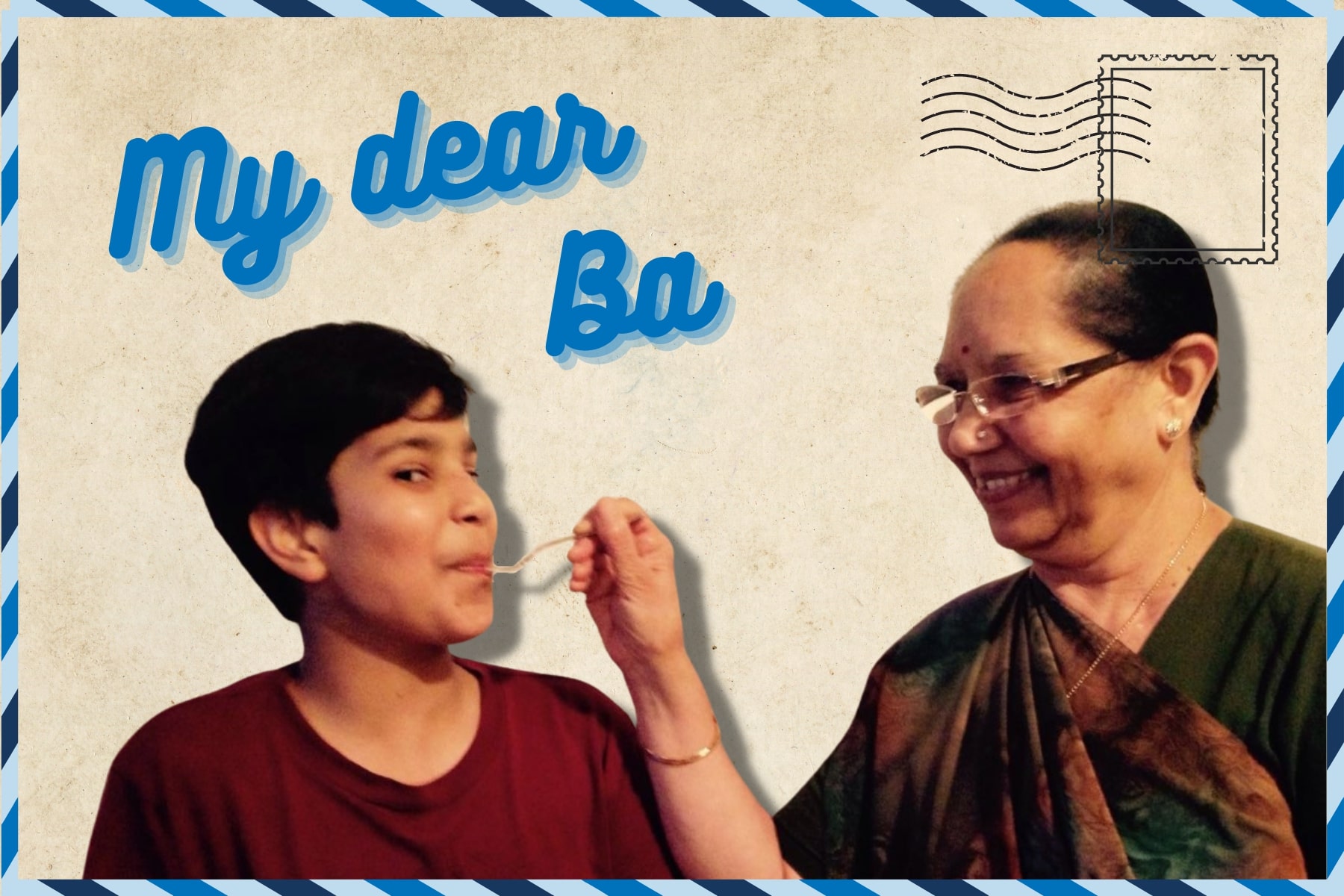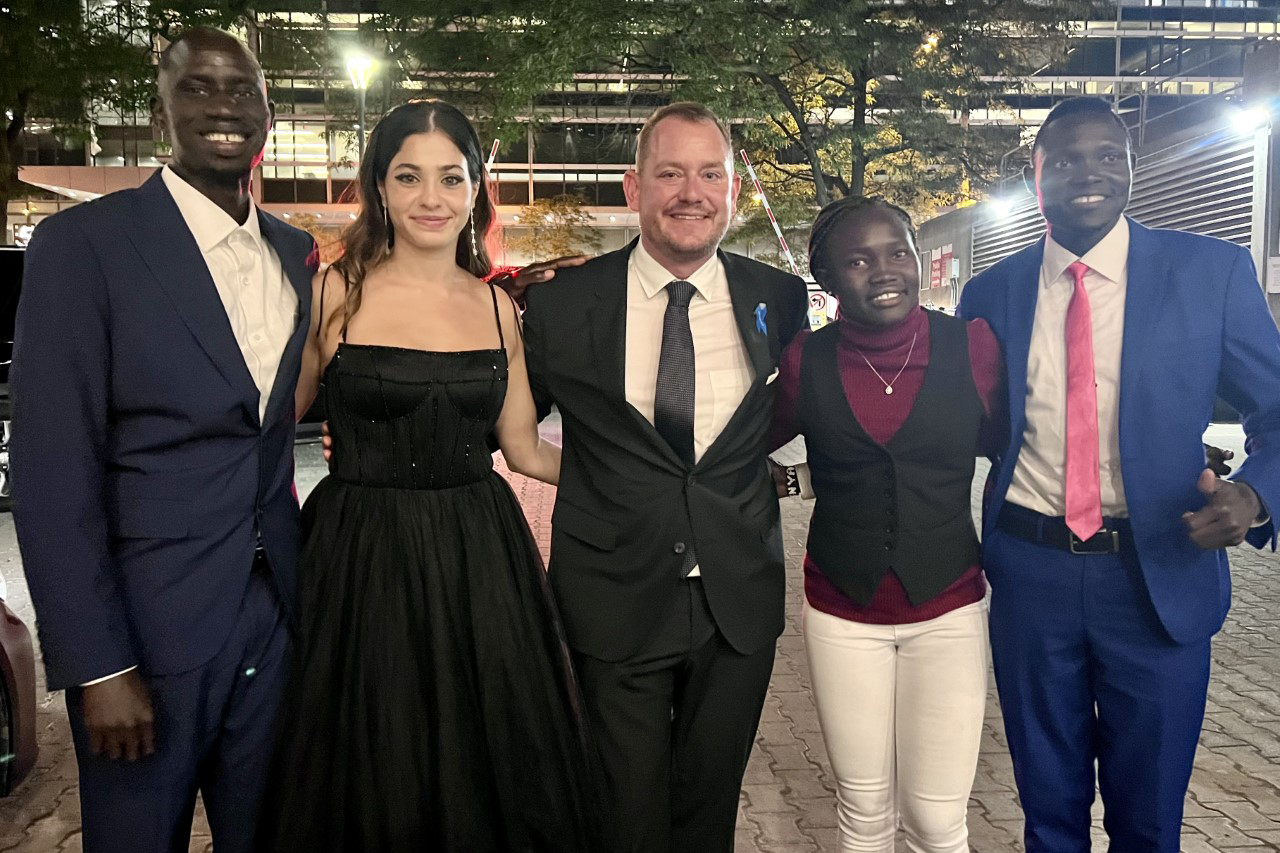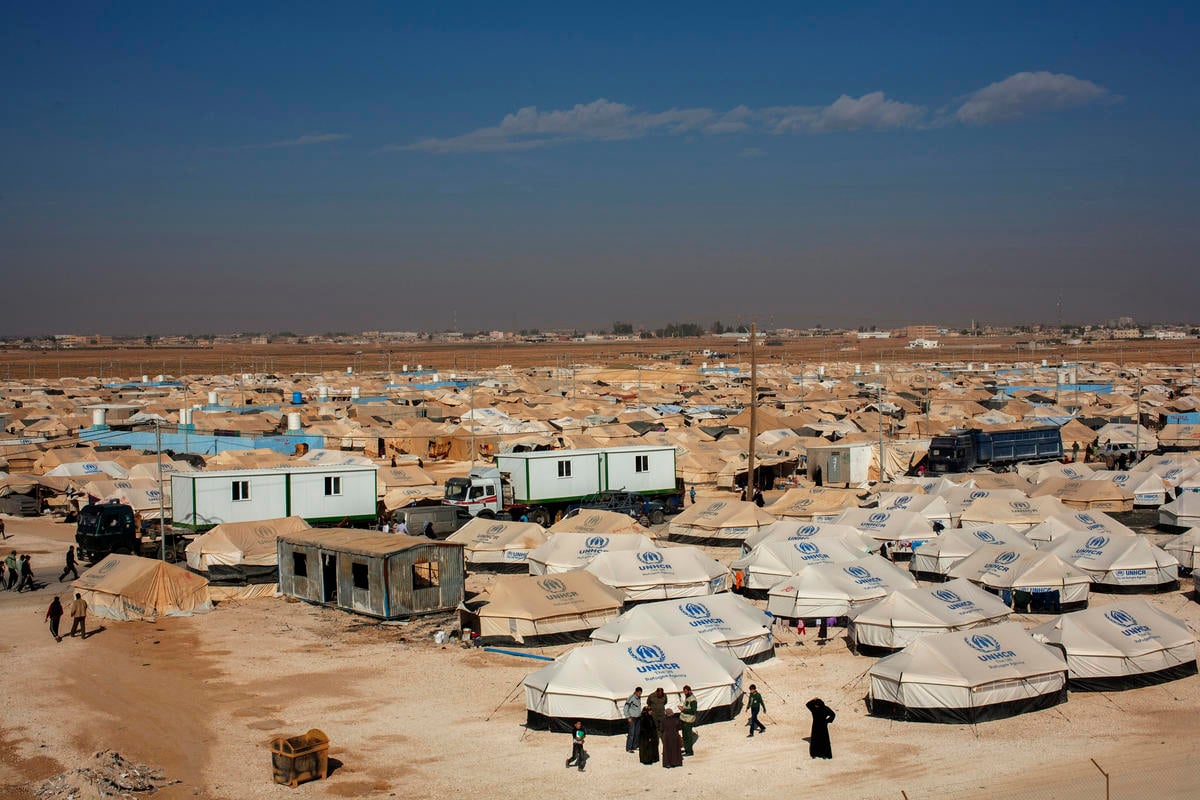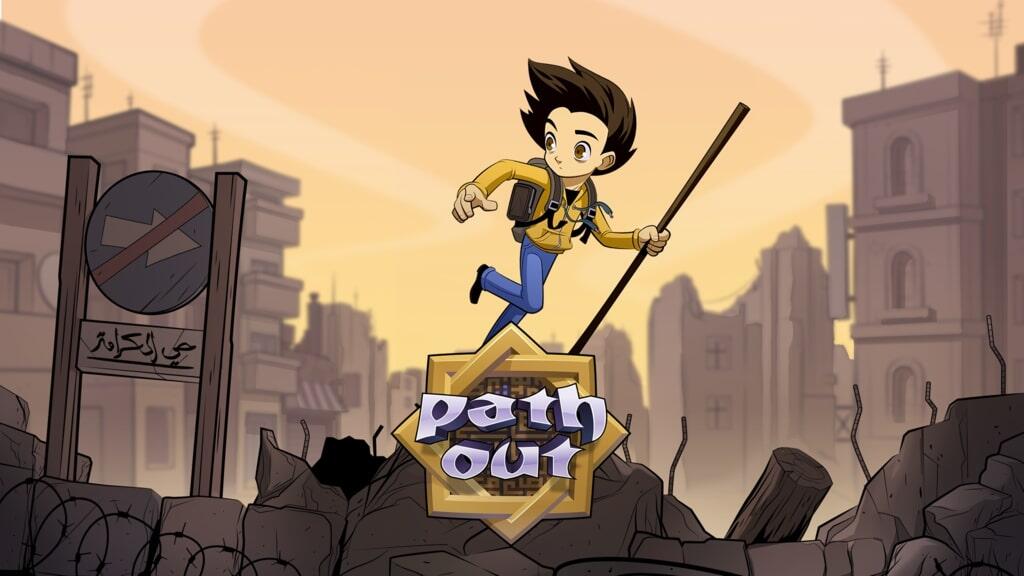Sicily to Syria and Back Again

Sicily to Syria and Back Again
Towards the end of the Second World War, a young woman from Czechoslovakia fell in love with an Italian soldier on the island of Sicily. Helen and Alfonso were married in Catania, Alfonso's hometown, and it was there that Helen conceived a child – one of the millions whose lives began in the chaos and displacement of war.
For reasons long since buried or forgotten, Helen left Sicily before the child was born. She travelled by ship to Syria, where she had a brother and where, in 1945, she gave birth to a baby boy. That boy never knew his father, never learned Italian, never set foot on Italian soil. But he was baptized with an Italian name – Giuseppe Camastra – and registered in Damascus as an Italian national.
Seventy years later, that thread of Italian ancestry became a lifeline for Giuseppe's children and grandchildren.
In the spring of 2011, as unrest spread across Syria, Giuseppe's son, Alberto, received a call from the Italian embassy: do you want to get out?
Every Italian in Syria got that call. The Camastras were on the list because, decades after his own father had left Sicily in utero, Alberto was still listed as an Italian national.
Syria, though, was the only country he'd ever known. Going to Italy meant becoming a refugee.
"I was afraid. I am 45 years old. I know no Italian. Where will we live in Italy? Maybe we end up in the street? For three years they called me, but I always said 'No'."
By the summer of 2014, though, the calculation had changed.
The shelling and gunfire were now so close that Albertos' younger children were sleepless with fear. "My son was crying for three days. My wife was frightened. So I said 'OK, I go'. Even if I end up in the street, it's better than this."
They were the last Italians to leave the country.
"I was afraid. I am 45 years old. I know no Italian. Where will we live in Italy? Maybe we end up in the street?"
About a year after the Camastras left, I met Alberto at a street café in Catania. The strain of the last few years was written on his face.
In Syria, he had sold what he could and brought his wife, mother and four children by taxi to Beirut and then by plane to Rome. The other Syrian refugees in Italy were all heading north towards Germany, where hundreds of thousands of refugee applications are accepted every year, but Alberto took the train south towards Sicily. He was going back to the city in which his father had been conceived.
Catania may have been his grandfather's hometown, but Alberto had no other connection to the place. In Syria, he had been the breadwinner. Here, without a word of the language, he struggled to find a safe place for the kids to sleep. "If I am alone," he told me, "I can sleep anywhere, even in the park. But with the children . . . "
For a few nights they stayed in a cheap hotel, and then in an unfurnished room without water or electricity. Finally, Alberto borrowed what he could from his wife's family in Syria and put down a year's rent on an apartment. Not long after that, he had a heart attack.
Alberto's hospitality, though, had survived the pressures of war, and he invited me to meet his family at their home on the western edge of the city.
Alberto's mother, Rena, answered the door and, surrounded by excited grandchildren, showed me round. The apartment was in a tired-looking 1960s block of flats, but the Camastras had painted the walls pink and polished the floor tiles to a high gleam. On the wall of the living room hung a frame of photographs taken in Damascus 50 or 60 years ago.
Helen was there, the Czech girl whose Sicilian wartime romance had brought this branch of the Camastra family into existence. So were Rena's own parents, Vasili and Victoria, who had come from Greece and Lebanon and who had always felt part of Syria's religious and ethnic mosaic. These people had known the Mediterranean world as a place of fluidity and movement, of mixed marriages and mixed faiths. "When I was young," Rena told me now, "there was not a big difference between Europe and Syria."
"When I was young, there was not a big difference between Europe and Syria."
If Rena carries the family's memories, it is her oldest granddaughter, Faten, who carries its hopes. In Damascus, she had almost completed a law degree before the war forced her to abandon her studies. Already fluent in English and Arabic, she is soaking up Italian from the streets and planning to start university again. At the same time, she is working as a nanny for an Italian family, bringing in the money that is soon due on the rent.
I asked her how it feels to be back in the city that her great-grandmother left all those years ago. "I feel grateful for this big circle that my family has travelled," she said. "I feel grateful that I can speak Arabic, that I can understand the music and poetry of the Arabic language. This whole long story, all these different countries, it made me a more complex person."

